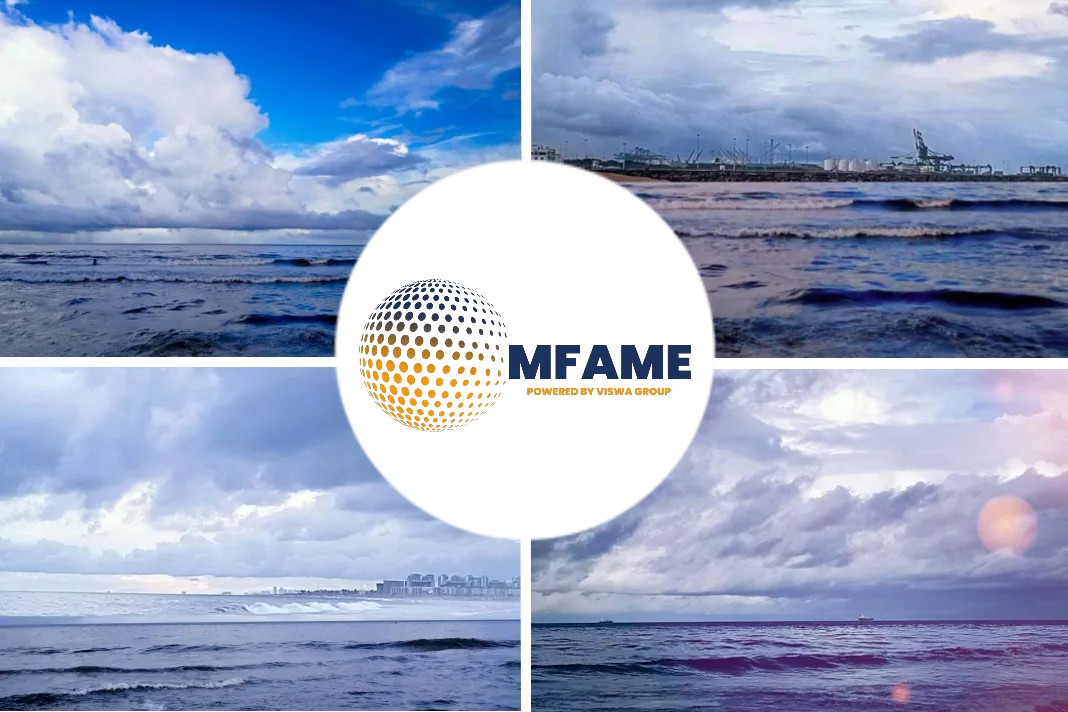
Newbuild 24,000 teu ultra-large container vessels are now being idled as soon as they are delivered in Asia, as carriers are obliged to blank more sailings due to weakening demand, reports The Loadstar.
About the contract
According to a research note from Alphaliner today, the 2023-built 24,346 teu MSC Micol was scheduled to begin its maiden voyage from Shanghai on 12 October, joining the 2M’s Asia-North Europe AE55/Griffin loop, but it was cancelled as part of an aggressive blanking programme by alliance partners MSC and Maersk.
Alphaliner said the MSC Micol had now been rescheduled to join the AE55/Griffin on 4 January, suggesting that the ULCV could be idled for three months.
A carrier contact told The Loadstar that, although MSC would be “disappointed” at having to cancel the maiden voyage, it was preferable to the ship arriving in North European ports light.
“MSC would be embarrassed if the ship turned up in Rotterdam half-empty to all the fanfare of a maiden call, and I think that they would rather these big newbuilds went to anchor for a few months than added to the oversupply damage already happening on the trade,” he said.
The 2M partners have announced 29 blank sailings on east-west routes during, and after, China’s Golden Week holiday, commencing on 29 September. Maersk said that in addition to forecasted reductions in demand, there was also an issue of “a reduced workforce to handle cargo operations”, which had also influenced the decision to introduce the blanking programme.
Moreover, the 2M announced today it was also cancelling this week’s sailing of the 2019-built 23,656 teu MSC Mina from Ningbo on Friday.
The last-minute voiding of the MSC Mina, which is deployed on the 2M’s AE6/Lion loop, is further evidence of the extremely weak bookings ahead of the Golden Week factory shutdown, when demand should normally see a spike.
Meanwhile, more newbuild containerships are hitting the water every month to further aggravate the oversupplied liner industry. Some 180,000 teu was delivered last month, following 200,000 teu received in July and the record 300,000 teu in June.
The August deliveries included the 24,346 teu MSC Turkiye, the 24,188 teu OOCL Felixstowe and Hapag-Lloyd’s 23,664 teu Manila Express.
Newbuild tonnage
Moreover, with still around 2m teu of newbuild tonnage stemmed for delivery before the end of Q1 next year – many are ULCVs – the outlook for container shipping is getting bleaker.
Alphaliner said the strategy adopted by carriers of closing services, downsizing fleets, slow-steaming and blank sailings was not enough.
“Unless cargo demand increases massively and durably, which is unlikely due to continued inflationary pressures around the globe, or huge chunks of the current fleet are removed from the market, prospects for the industry remain grim for the foreseeable future,” said the consultant.
However, in a press briefing this week, Hapag-Lloyd CEO Rolf Habben Jansen sounded optimistic that the industry might avoid a repeat of the meltdown in the wake of the financial crisis. He said: “While the orderbook remains high the situation is different from 2008-2009, because the average age of vessels is significantly higher and the share of the orderbook of the world fleet is different – today it is at 27% compared with 50%-plus in 2007.
“There are also the CII regulations, which will require more ships to provide the same weekly capacity and will also push up scrapping levels – scrapping should be 4% to 4.5% of the global fleet if a ship has a lifetime of 23-28 years.
“As a result, supply growth will outpace demand in both 2023 and 2024, although we don’t yet know the impact from scrapping slippages and slow-steaming,” he said.
Did you subscribe to our daily Newsletter?
It’s Free! Click here to Subscribe
Source: The Loadstar























